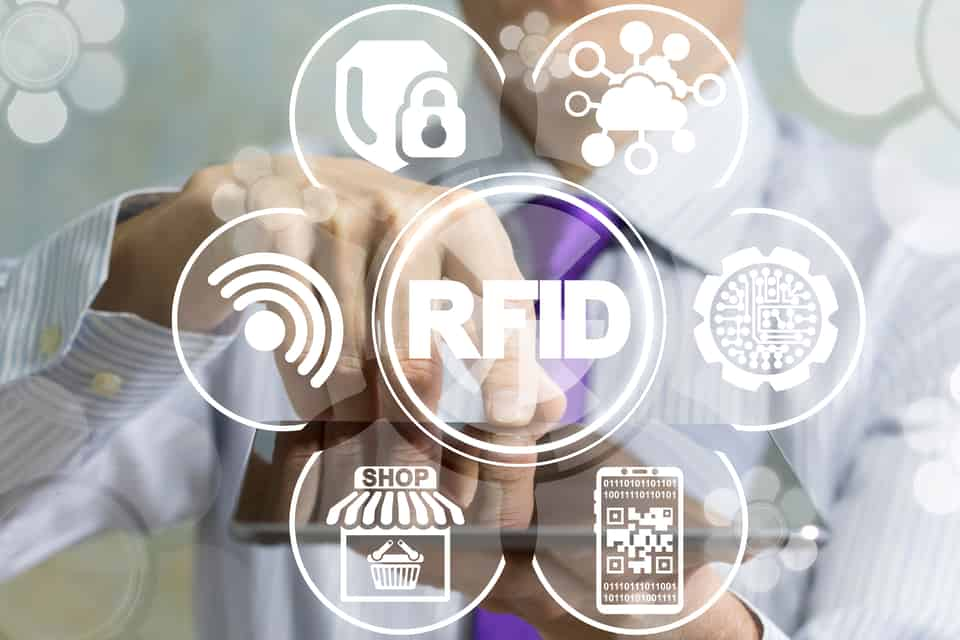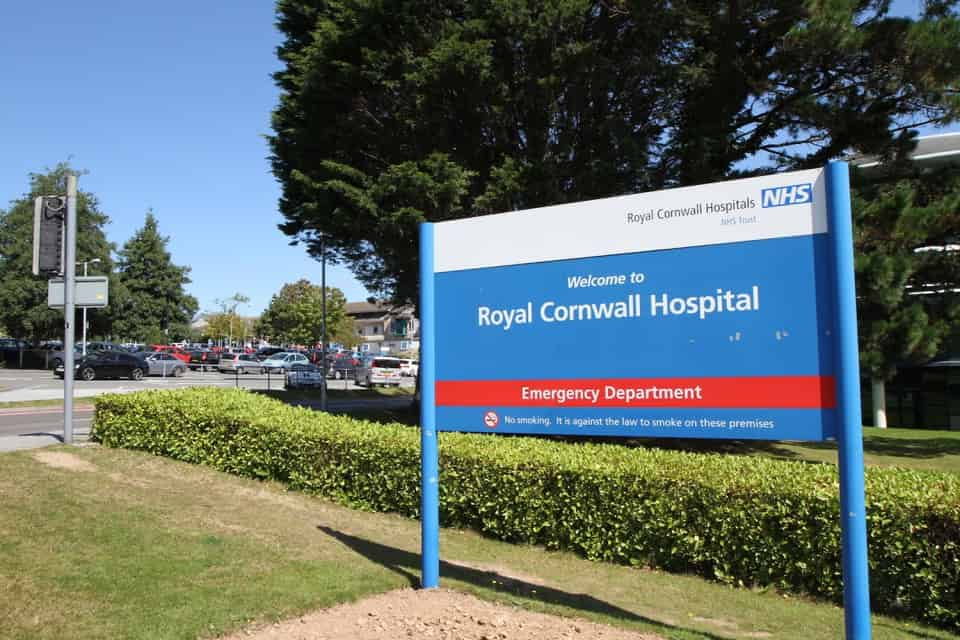
Optimizing Healthcare Operations with RFID Technology
The pressure to do more with less in healthcare is growing. You're juggling rising patient numbers, tighter budgets, and ever-evolving compliance demands, all while trying to maintain safe, efficient care.
If you're still using manual processes to track equipment or manage inventory, you know how quickly things can go wrong. Supplies go missing, staff lose valuable time searching, and critical items aren't where they should be.
RFID (radio frequency identification) technology changes that. It gives you the visibility to act quickly, reduce waste, and streamline day-to-day operations. But implementation can be complex, particularly without the right support.
At Lyngsoe Systems, we help you simplify RFID. Our solutions fit into your existing systems and support your team’s workflow, so you can focus on what matters most: delivering safe, effective care.
The growing need for RFID in healthcare
You already know the value of running an efficient operation, but what worked five years ago may not be enough today. As healthcare environments grow more complex, real-time visibility into your assets and inventory is no longer a nice-to-have. It's essential.
RFID provides the real-time visibility that manual processes lack. With the ability to automatically track equipment and supplies, you can eliminate guesswork and make informed decisions faster.
But choosing the right RFID solution isn’t always straightforward. Should you use passive or active tags? What about BLE (Bluetooth Low Energy) or hybrid systems? And how do you make sure everything integrates with your existing infrastructure?
This is where working with an experienced partner makes all the difference. RFID is proven, but implementation must be done right to deliver lasting results.
Why partner with Lyngsoe Systems as your RFID consultant?
Implementing RFID is about more than just selecting the right tags or software. To get real value, you need a partner who understands healthcare and how to design solutions that work in the real world.
At Lyngsoe Systems, we’ve delivered RFID solutions at scale, including for Aarhus University Hospital (AUH), Denmark’s largest hospital construction project and one of Europe’s most advanced super hospitals.
With more than 800 beds and a campus covering 375,000 square meters, AUH faced serious logistical challenges. Staff were spending an average of 12 minutes per shift searching for equipment, beds, or other essential resources. We helped the hospital implement the world’s largest RFID-based RTLS (real-time location system). This delivered real-time insight into asset locations and dramatically reduced search times.
By streamlining logistics and improving visibility, the system allowed AUH to reduce delays, ease staff workload, and support better patient care.
Regulatory compliance was also a key consideration. Our Lyngsoe X-Tracking™ solution is GS1-approved, supporting global standards for traceability, patient safety, and data accuracy.
AUH's success shows what’s possible when the right technology is backed by the right expertise. From integration to user training, we help you build a system that fits your needs today and scales for tomorrow.

Support beyond RFID implementation
Rolling out an RFID system is only the first step. What happens after going live often makes the biggest difference. With the right partner, your solution evolves alongside your needs, delivering value well beyond the initial deployment.
At Royal Cornwall Hospitals NHS Trust, our team delivered support that evolved with operational demand. With over 20,000 mobile medical devices and limited visibility, the Trust needed a way to locate assets quickly and manage planned maintenance more efficiently.
We implemented X-Tracking™, integrated with their existing e-Quip asset management system, and worked closely with the clinical engineering team throughout deployment. Our specialists provided hands-on support, helping to resolve challenges and tailor the solution to their workflows.
That collaboration didn’t stop after go-live. Based on feedback from the team, we developed a custom feature to notify e-Quip when items hadn’t been seen for a set period, improving procurement planning and asset accuracy. The trust also expanded the system with Wi-Fi-enabled passive readers to track assets across community sites.
Since implementation, KPI performance in the Department of Clinical Technology has improved by over 30%. Adrian Rapson, BIM Manager, noted, “The ongoing support from Lyngsoe Systems has enabled us to expand on the initial use case and made the RFID system an integral part of the Quality Management System.”
With Lyngsoe Systems, you're supported throughout the entire lifecycle of your solution, from first deployment to long-term success.
Ready to explore RFID for your healthcare facility?
At Lyngsoe Systems, we combine RFID expertise with a deep understanding of healthcare environments. From initial consultation to long-term optimization, we’ll help you build a solution that delivers real results for your team and your patients.
Schedule a free consultation and discover how RFID can transform your operations.
Explore Healthcare Case Stories
Explore other use cases for X-Tracking
FAQ
What can RFID track in a hospital setting?
RFID can track medical equipment, supplies, medications, and beds, improving visibility and operational efficiency.
How does RFID improve compliance in healthcare?
RFID supports automated recordkeeping and is compatible with GS1 standards, making it easier to meet traceability and audit requirements.
Can RFID integrate with our existing hospital systems?
Yes. Lyngsoe Systems' solutions integrate with platforms such as CMMS, inventory management, and electronic health records to streamline workflows.